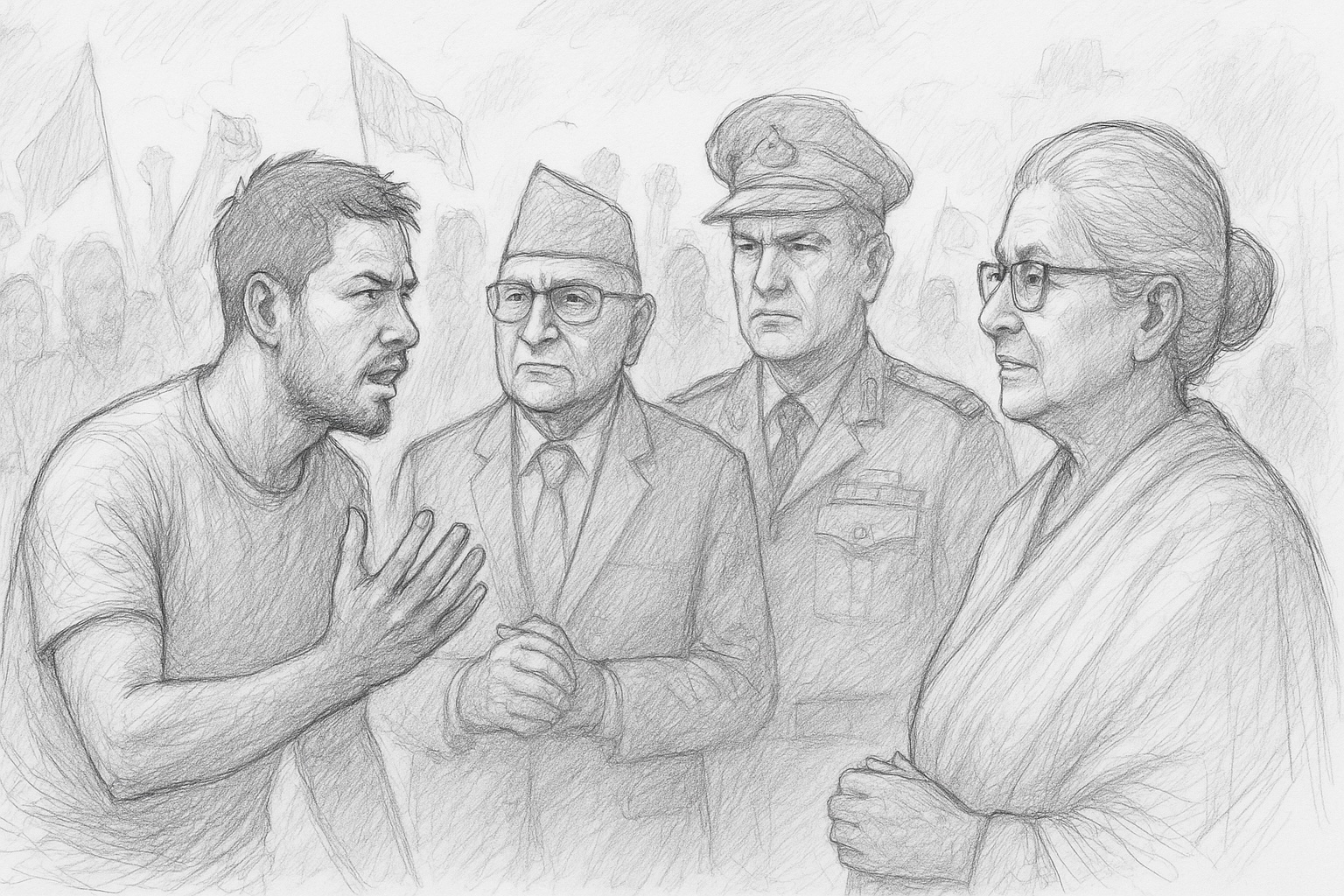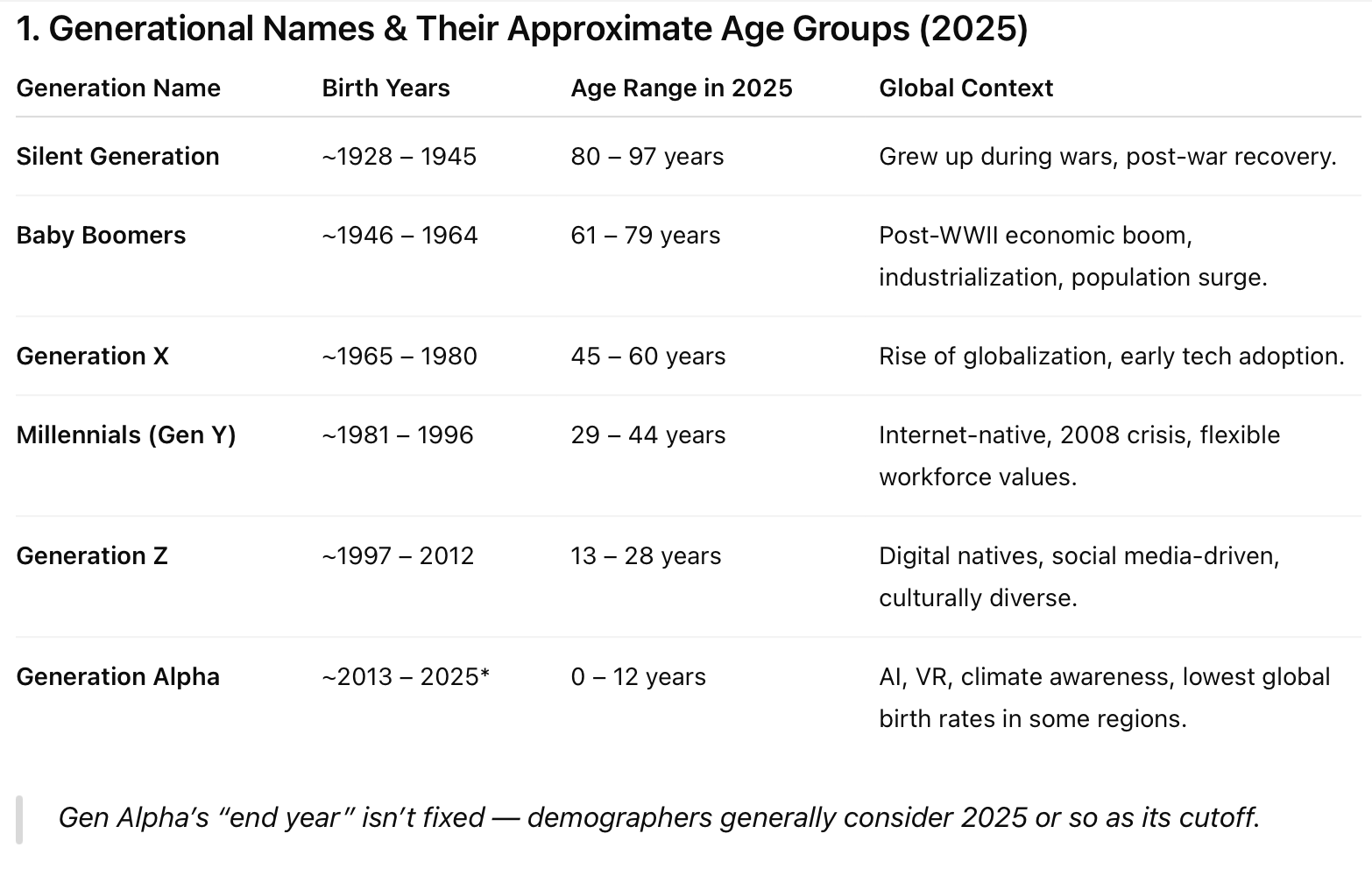Nepal’s ‘Gen Z Protest’ Without Gen Z: Millennials and Boomers Pull the Strings

A movement billed as a “Gen Z protest” in Nepal has taken an unusual turn: it appears to have no active participation from Generation Z, the 13–28-year-old cohort typically associated with digital activism and street demonstrations. Instead, the face of the agitation is Sudan Gurung, a 36-year-old millennial activist best known for leading the NGO Hami Nepal. Gurung is now said to be working closely with Chief of Army Staff and President Ram Chandra Paudel to push forward an extraordinary proposal—to appoint former Chief Justice Sushila Karki as Nepal’s next Prime Minister.
The generational mismatch has sparked debate across Kathmandu. Analysts note that the absence of Gen Z undermines the very identity of the protest, which claims to represent youth frustration and energy. Instead, Gurung, who belongs to the millennial age group (29–44 years), has positioned himself as the coordinator of the movement. Critics argue this shift reflects a co-opting of youth-led platforms by older voices, while others see it as a pragmatic alliance between activists and the state elite.

At the center of the proposal is Sushila Karki (born June 7, 1952, in Biratnagar), Nepal’s first and only female Chief Justice. Appointed as Chief Justice on July 11, 2016, Karki made history by breaking judicial glass ceilings. Now at 73, she is being projected as the next Prime Minister by Gurung and his allies. Supporters highlight her reputation for independence and integrity, while skeptics question whether appointing a jurist outside mainstream party structures can stabilize Nepal’s turbulent political landscape.
The key players in this unfolding drama bring generational contrasts of their own. President Paudel, born in 1944, is now 80 years old, representing Nepal’s senior-most political class. By contrast, Ashok Raj Sigdel Chettri, born in 1967, is still below 61 and viewed as part of the Generation X bloc that bridged the democratic struggles of the 1990s. Gurung himself, at 36, belongs to the millennial generation, highlighting how the supposed Gen Z protest has been overtaken by older cohorts.
Observers say the unusual alignment—an activist from the millennial generation, an octogenarian head of state, and a former Supreme Court justice—exposes the fragility of Nepal’s democratic framework. “A protest framed as Gen Z’s rebellion without Gen Z participants suggests that the generational crisis in Nepal is being rewritten by elites,” one political analyst told local media.
For now, Sushila Karki’s name as a possible Prime Ministerial candidate has electrified debate, raising questions about constitutional precedent and political legitimacy. Whether this unusual coalition succeeds or not, it underlines a striking paradox: Nepal’s most talked-about “Gen Z protest” has become a stage where Gen Z voices are silent, and older generations are pulling the strings.

![From Kathmandu to the World: How Excel Students Are Winning Big [Admission Open]](https://nepalaaja.com/index.php/img/70194/medium/excel-college-info-eng-nep-2342.jpg)
